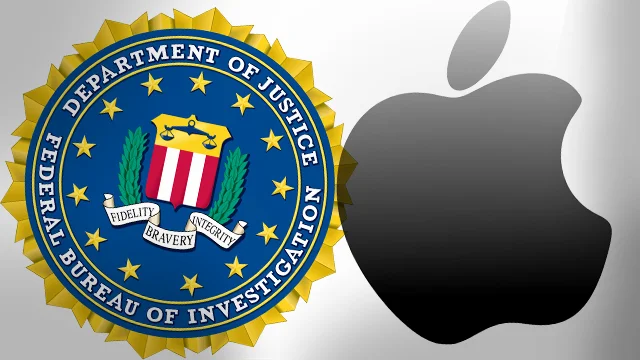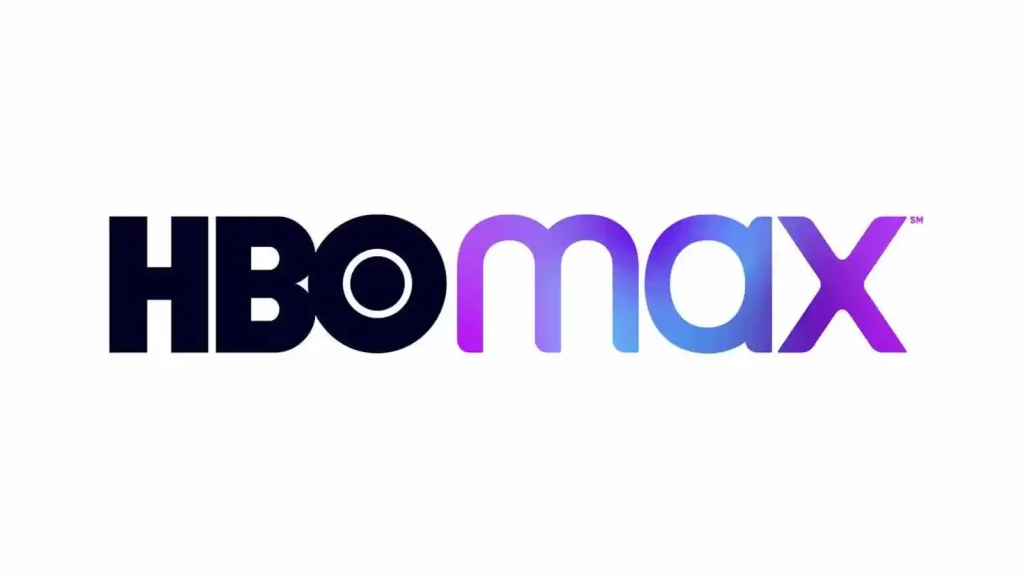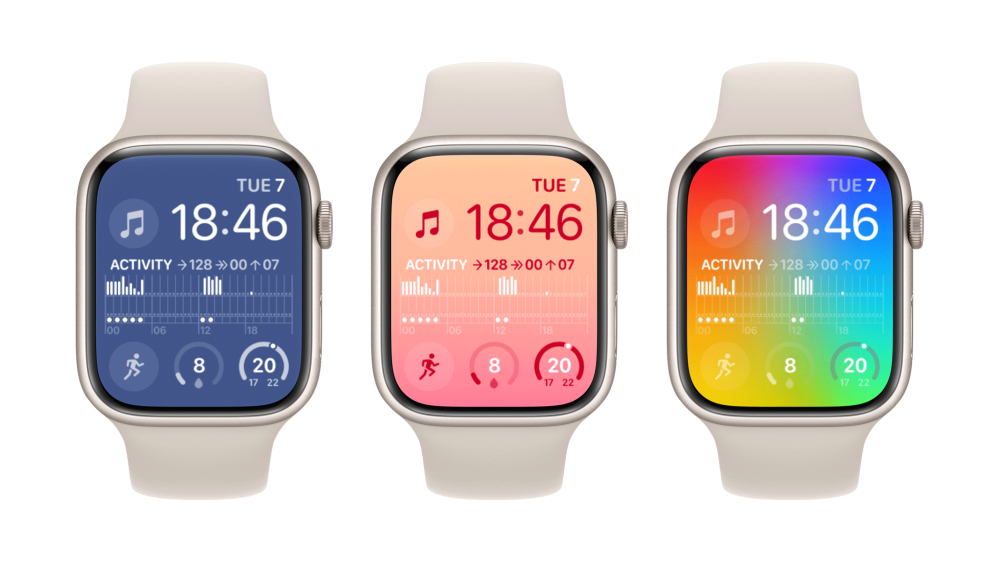Epic Games, the company that made the popular video game “Fortnite,” has agreed to pay the US government a total of $520 million to settle claims that it tricked millions of players, including children and teens, into making purchases they didn’t want to make and that it broke a landmark federal law protecting children’s privacy.
As part of the deal, Epic will pay the US government $275 million to settle claims that it broke the Children’s Online Privacy Protection Act (COPPA) by collecting personal information from kids under 13 without first getting their parents’ verified consent. The FTC said Monday that this is the biggest fine it has ever given for breaking a rule.


In a second, separate settlement, Epic will give refunds totaling $245 million to people who were hurt by user interface design choices that the FTC said were misleading. The FTC said that this agreement is the biggest administrative order in its history.
In a blog post about the two settlements, Epic said that the agreement shows how US laws are being used in the video game industry are changing.
Epic Games Said
In the blog post, Epic said, “No developer makes a game with the goal of it ending up here.” “We agreed to this deal because we want Epic to be at the forefront of protecting customers and giving our players the best experience possible.”
FTC Chair Lina Khan said that the settlement shows that the agency is paying more attention to privacy and so-called “dark patterns.” A “dark pattern” is a design element that is meant to steer users toward the result that a company wants.
“Protecting the public, especially children, from online privacy invasions and dark patterns is one of the Commission’s top priorities,” Khan said in a statement. “These enforcement actions show businesses that the FTC is cracking down on these illegal practices.”
FTC’s Complaint
The FTC filed a complaint and a proposed settlement in the US District Court for the Eastern District of North Carolina. Both deal with the privacy of children. The FTC also said that Epic’s default settings for matchmaking and in-game communications put children at risk of being bullied or harassed. This was in addition to the claim that Epic illegally collected information about children.
An administrative complaint was sent to the FTC about how Epic’s design choices were said to be misleading. The complaint says that Epic made it very easy for kids to buy in-game items with just one click or button press without their parent’s permission. As a result, more than a million parents have complained to Epic about unwanted charges.
The FTC also said that Epic made it harder to cancel purchases of in-game items by putting the option at the bottom of the screen and making people hold down a button on their controllers to cancel. The FTC said that these design changes were made because surveys showed that when the cancel button was more visible, accidental charges were the “number one reason” people clicked on it.
Epic’s agreement with the FTC, which is not yet final, says that the company can’t use dark patterns or charge customers without their permission. It also says that Epic can’t lock players out of their accounts when users ask their credit card companies to reverse unwanted charges, which is called a “chargeback.” After the agreement is signed, it will last for 20 years.
Epic said in a blog post that it has reached an agreement with the FTC to add a feature that will ask Fortnite players directly if they want to save their payment information for future use. It also said that the feature is now live. The company also recently released a version of “Fortnite” with fewer features for younger players. This version lets them use some features while they wait for parental approval, but it limits chat and purchases.
As part of a deal to protect the privacy of children, the FTC said that Epic may no longer turn on text and voice chat by default for players under 13 or over 13 who are teenagers. The company must also set up a full privacy program and get rid of the information it is said to have collected in violation of COPPA.
“We share the FTC’s underlying principles of fairness, transparency, and privacy,” Epic wrote. “However, Fortnite does not work the way the FTC says it does.” “We will continue to be clear about what players can expect when they buy something, make it easy to cancel and get a refund, and build safety features that help keep our ecosystem fun and safe for people of all ages.”




